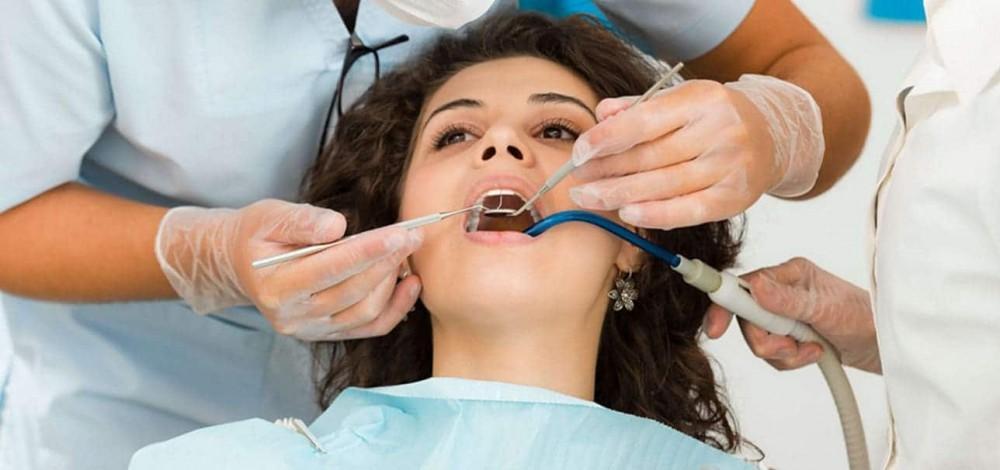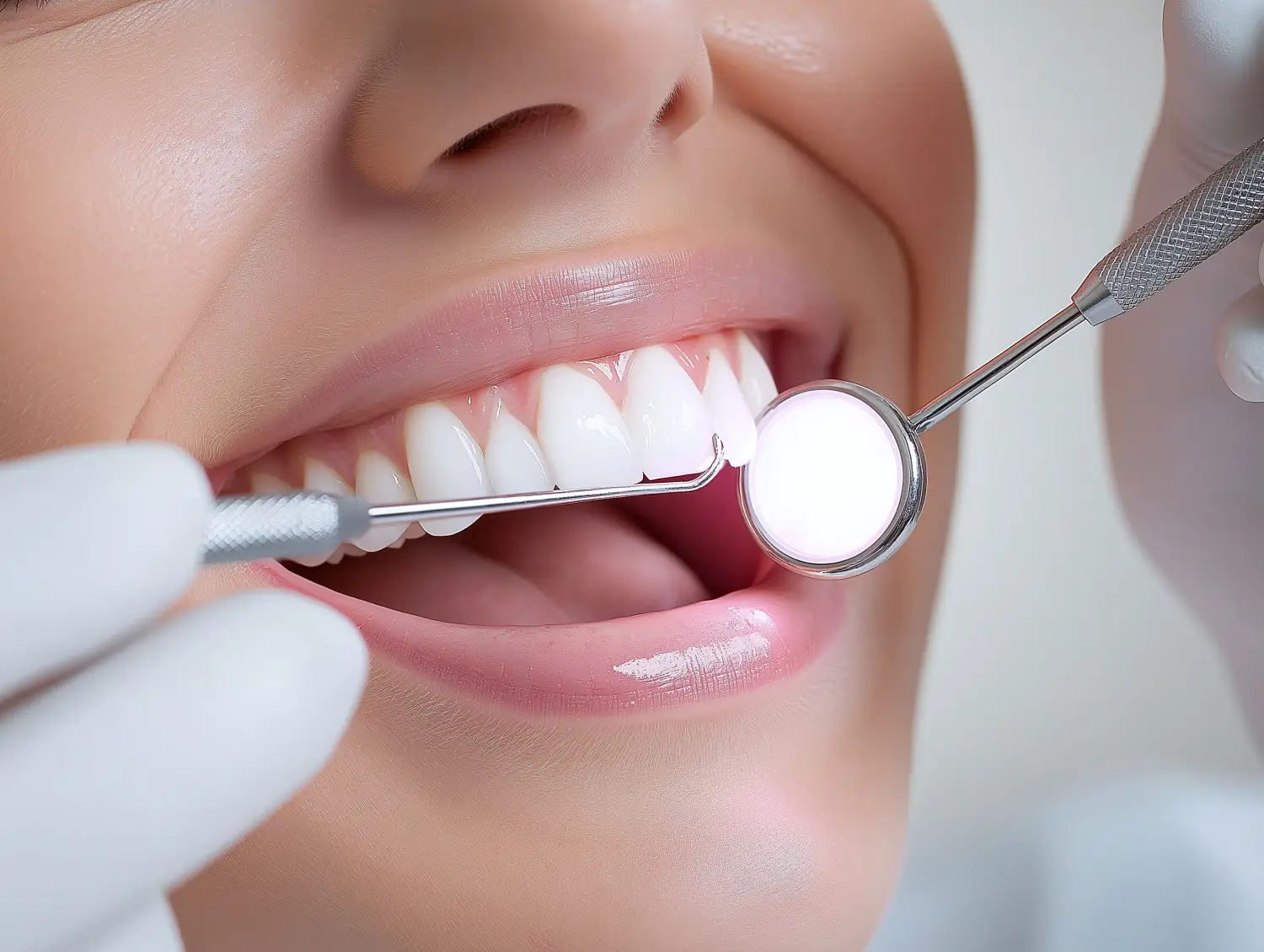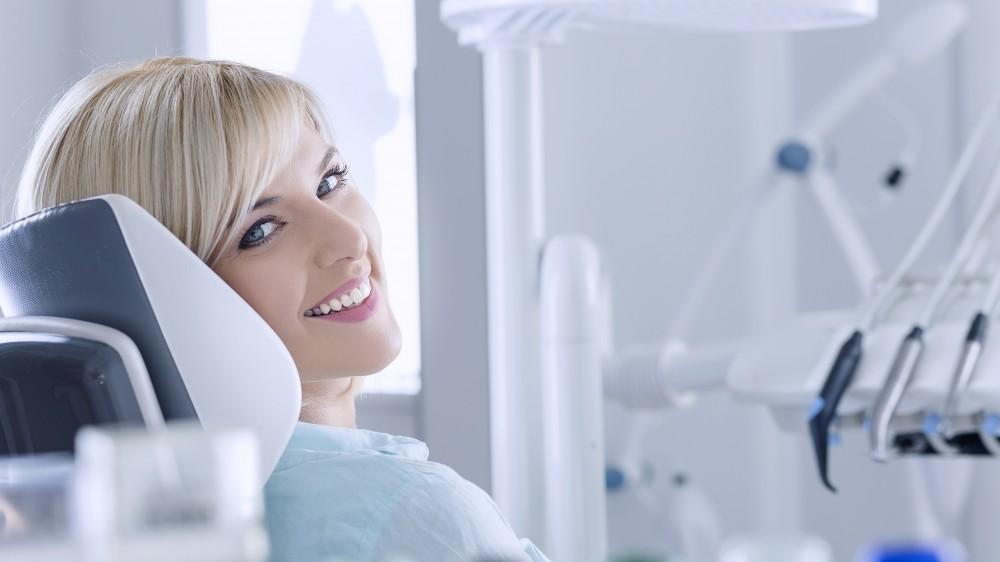
Oral Cancer Screening at a Dentist’s Office Saves Lives
The Oral Cancer Foundation reports that 53,000 Americans will be diagnosed with oral or oropharyngeal cancer this year, and almost 10,000 Americans will die as a result. If oral cancer is not detected before it spreads beyond a patient’s mouth, the five-year survival rate is 65%. In a stark reminder of the importance of early detection, though, that survival rate increases to 84% if oral cancer screening in Orlando detects your oral cancer before it spreads to other tissues or parts of your body.
Your dentist in Orlando wants to be sure that you are regularly screened for any abnormal tissues that may indicate the presence of abnormal tissues that could indicate oral cancer. A dentist near you does that by examining your mouth’s soft tissues for signs of any abnormal cells. If the dentist does detect any indication of disease, the dentist will refer to you to the appropriate medical support to get the further tests and treatment you require to rule out, confirm or respond to a diagnosis.
Oral cancer screening in Orlando is a quick and simple way of contributing to and ensuring the health of every patient that extends beyond simply caring for your teeth, gums, and mouth. In addition to providing cancer screening, dentists in Orlando are determined that you should have all the information you need to understand your risks of developing oral cancer.
Oral cancer affects all the issues in your mouth — your lips, gums, tongue, cheeks, the floor of your mouth, and the roof or your mouth. Any time that you are concerned about your risk of developing oral cancer or any about any suspicious symptoms, don’t wait to contact a doctor or dentist in Orlando.
What are the symptoms of oral cancer?
One of the most important reasons to take advantage of the opportunity for oral cancer screening in Orlando is that many symptoms of oral cancer are easily dismissed as ordinary and insignificant. Oral screening at a dentist near you, though, will be able to detect unnatural cells despite what you might experience as mere nuisance symptoms. Despite the ordinariness of some of these symptoms, be sure to tell your dentist or physician about any clusters of these symptoms if they persist for weeks or months at a time.:
- Mouth sores
- Painful jaw, teeth, or mouth
- Thickening cheeks or lumps in your cheeks
- Red or white patches on the lining of your mouth, or on your tongue, gums or tonsils
- Problems chewing, swallowing, or moving your mouth or jaw
- Feeling like there is something lodged in the back of your throat, when there’s nothing there
- Loose teeth
- A lump in your neck
- Unusual and unintentional weight loss
- Persistent bad breath
What are the causes of oral cancer?
Oral cancer develops in the squamous cells lining your mouth and lips that mutate to cause them to multiply much faster than healthy cells, and that let them live much longer than healthy cells. As those abnormal cells accumulate, tumors develop in your mouth and — if not detected and treated early — beyond. The precise and specific causes of mutations in the DNA of your mouth’s squamous cells is not completely understood and still the subject of research. Research has, however, identified a series of risk factors that seem to be associated with mutations characteristic of oral cancers. They include:
- Smoking or chewing tobacco in any format
- Excessive drinking
- Prolonged exposure to sunlight
- A suppressed immune system
- Being diagnosed with human papillomavirus (HPV)
Early detection, diagnosis, and treatment is essential to ensuring recovery from all cancers — including oral cancer. Oral cancer screening near you is an easy, quick, painless, and non-invasive step we take as part of our commitment to ensure your complete oral health.
Are you concerned that you have any combination of risk factors for oral cancer? Or have you experienced any cluster of the symptoms listed above? If you the answer is yes to either or both those questions, don’t delay speaking to a doctor or dentist in Orlando as soon as possible. Delay is dangerous, but early detection and intervention saves lives.
Related Posts

Welcome to Orlando Center for Cosmetic Dentistry

Teeth Cleaning Aftercare Tips

What Are Dentures? Everything You Need to Know
%20copy.jpg)
Schedule your visit today
We’re here to help you achieve a healthier, more confident smile with precision care and no pressure. Let’s get you started.
